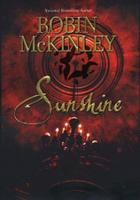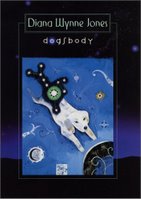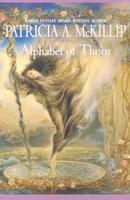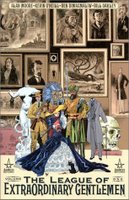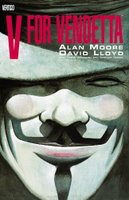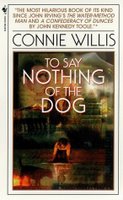Mmmm... beauty and the beast, where the beast is a vampire. How intriguing is that? McKinley's writing is always enjoyable, and this book is no exception. Sunshine is a baker who one day reaches the tipping point, and realizes she is fed up with her mundane life at the coffeehouse (where almost all her friends and acquaintances are from), and goes out to the lake. This choice leads to more dangerous choices. To situations most humans would not come out of alive. But Sunshine does -- and brings with her a vampire, the worst of the Others. How is that possible? Can she control her own abilities? What are the desires of her heart?
One of the few people Sunshine knows outside the bakery is her landlady, Yolande. Who happens to be a wardskeeper (someone who is really good at making wards to keep people safe and has earned this honored title). Sunshine is keeping secrets from everyone she loves with nobody to talk to, and one day her seemingly helpless old landlady comes out for a chat. Yolande speaks Sunshine's secrets to her, in such a way that makes Sunshine feel safe and cared for. Keeping secrets from those we love is hard -- and something I'm glad I don't have to do often (although I keep reading books and watching shows about people who do ...). But to have someone who already knows your secrets -- that is truly a gift. Someone who not only knows your secrets but still trusts you and relates to you without fear or disgust. Someone who has their own secrets, but is willing to share those. Hmmm... in the middle of so many questions and fear there can be a safe relationship or two.
| Title: | Sunshine |
|---|---|
| Author: | Robin McKinley |
| Date published: | 203 |
| Genre: | Horror |
| Number of pages: | 405 |
| Notes: | Repeat reading |


